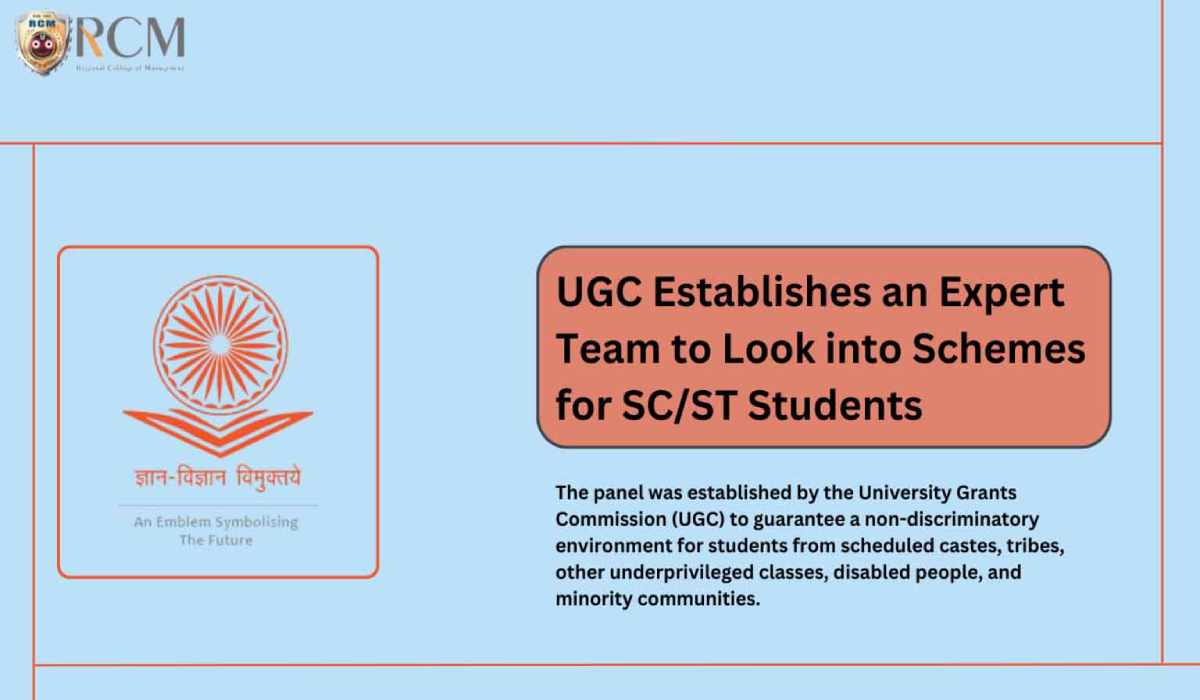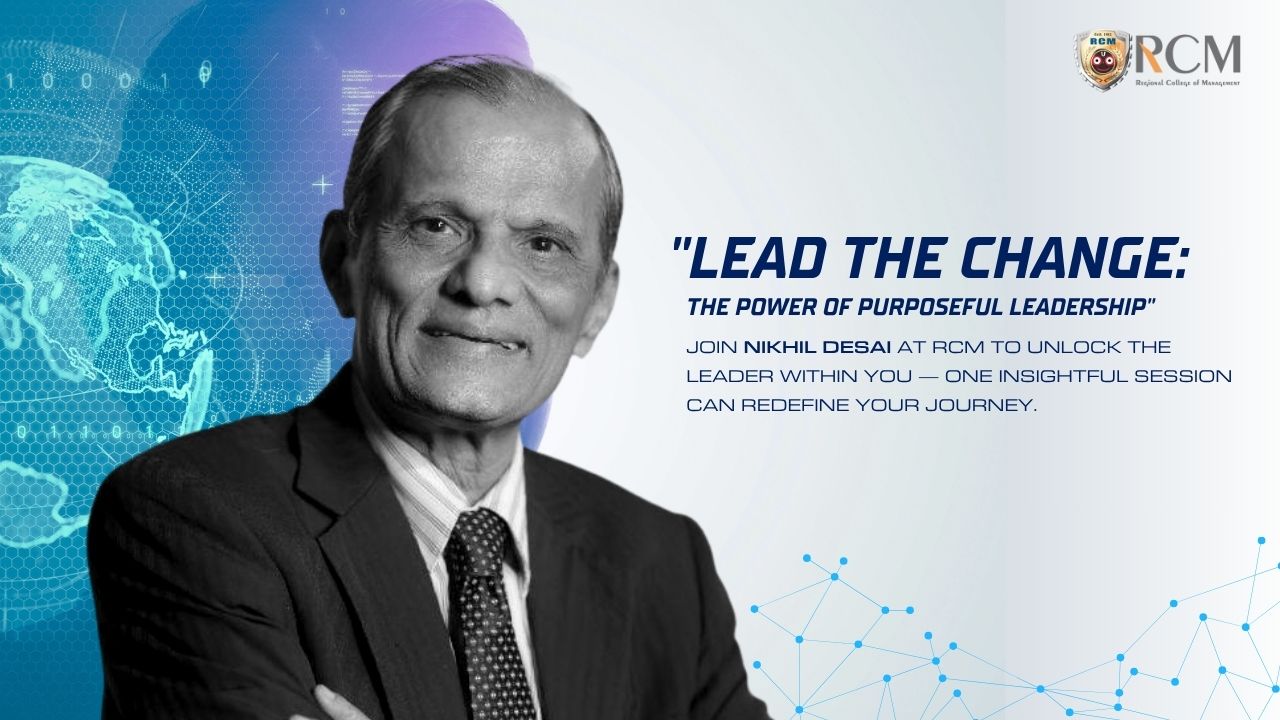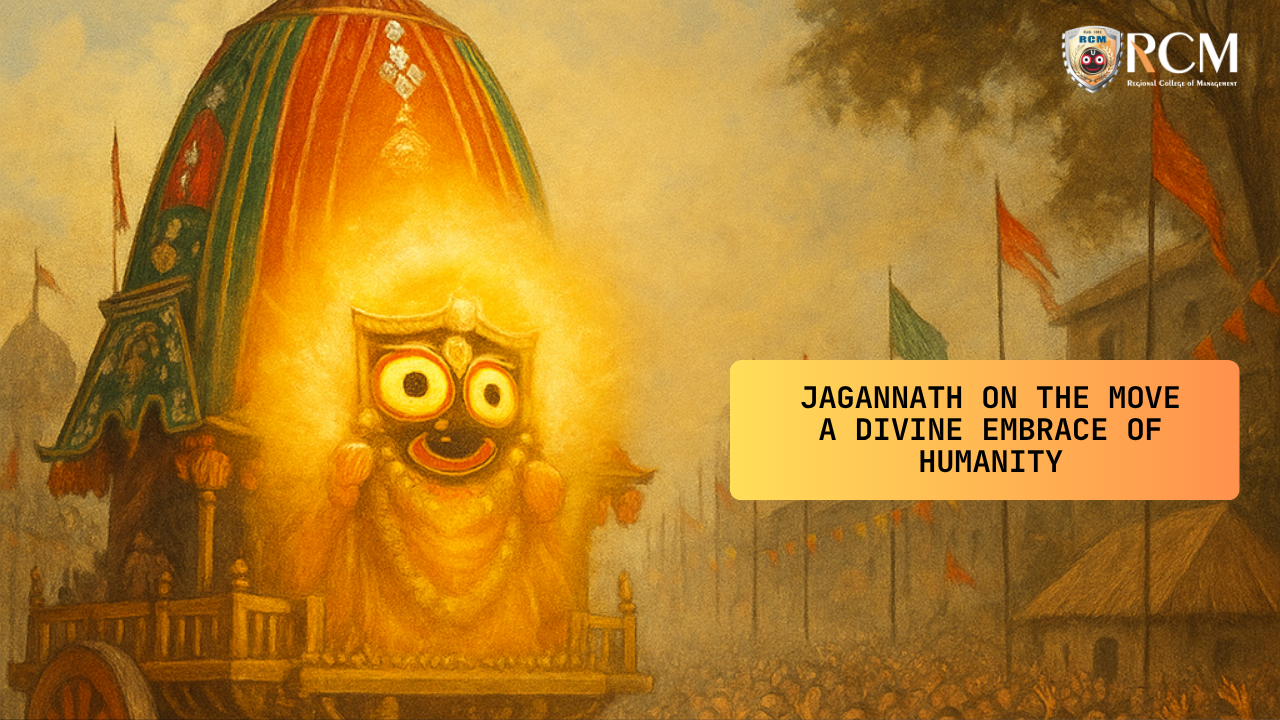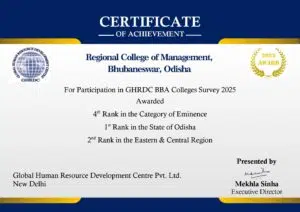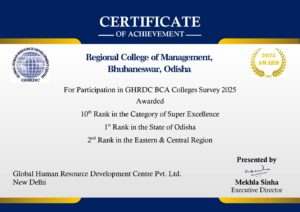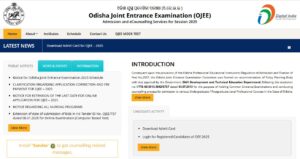In accordance with a Supreme Court directive, a group of experts will examine policies and programs for underrepresented communities in higher education.
The panel was established by the University Grants Commission (UGC) to guarantee a non-discriminatory environment for students from scheduled castes, tribes, other underprivileged classes, disabled people, and minority communities.
Discrimination is already prohibited by current legislation, and new policies have been released to handle student complaints and mental health.
After the Supreme Court requested a status report on the actions the University Grants Commission was taking to protect the interests of scheduled castes and tribes, other backward classes, persons with disabilities, and minority communities in July, the education ministry informed Parliament that regulations and schemes for marginalised communities would be examined by an expert panel of the higher education regulator.
According to junior education minister Subhas Sarkar, the committee was established in response to a question posed in the Rajya Sabha on July 6 when the Supreme Court ordered the commission to provide such a report.
“In pursuance to this order, the UGC has constituted an expert committee on 21-07-2023 for revisiting the UGC Regulations/Schemes concerning the SC/ST/OBC/PwD and minority communities in Higher Educational Institutions (HEIs) and suggest further remedial measures if required to make non-discriminatory environment for SC/ST Students in HEIs,” the minister said in response to a question asked by DMK MP M Shanmugam.
Under the existing UGC (Promotion of Equity in Higher Educational Institutes) Regulations, 2012, all higher educational institutions have to ensure no discrimination takes place against any student belonging to SC and ST communities in matters of admission.
The institutions are also required to prohibit, prevent and punish persons and authorities in institutions who harass or victimize any student on the basis of caste, creed, religion, language, ethnicity, gender, or disability.
In April, the regulator revised its 2019 regulations and issued UGC (Redressal of Grievances of Students) Regulations, 2023, which made it mandatory to include one member from a marginalized caste or tribe, and one woman, in student grievance redressal committees to be constituted by educational institutions to deal with student complaints.
The guidelines were notified at a time when a string of student suicides at premier educational institutions, especially at the Indian Institutes of Technology, triggered a debate on the pressure and problems faced by pupils on these campuses. In particular, the death of an 18-year-old Dalit student at IIT Bombay in February created an outcry.
In his response, Sarkar said that the commission also issued advisories to address the issue of mental health and well-being during and after the pandemic, and in January, it circulated the national suicide prevention strategy formulated by the health and family welfare ministry.
“Besides this, students’ specialized psychological counseling helplines, students’ wellness centers, buddy support systems, and various other measures have been implemented in IITs and other Institutions, for early detection of cases of psychological stress,” the minister said.
(Source: Hindustan Times)

